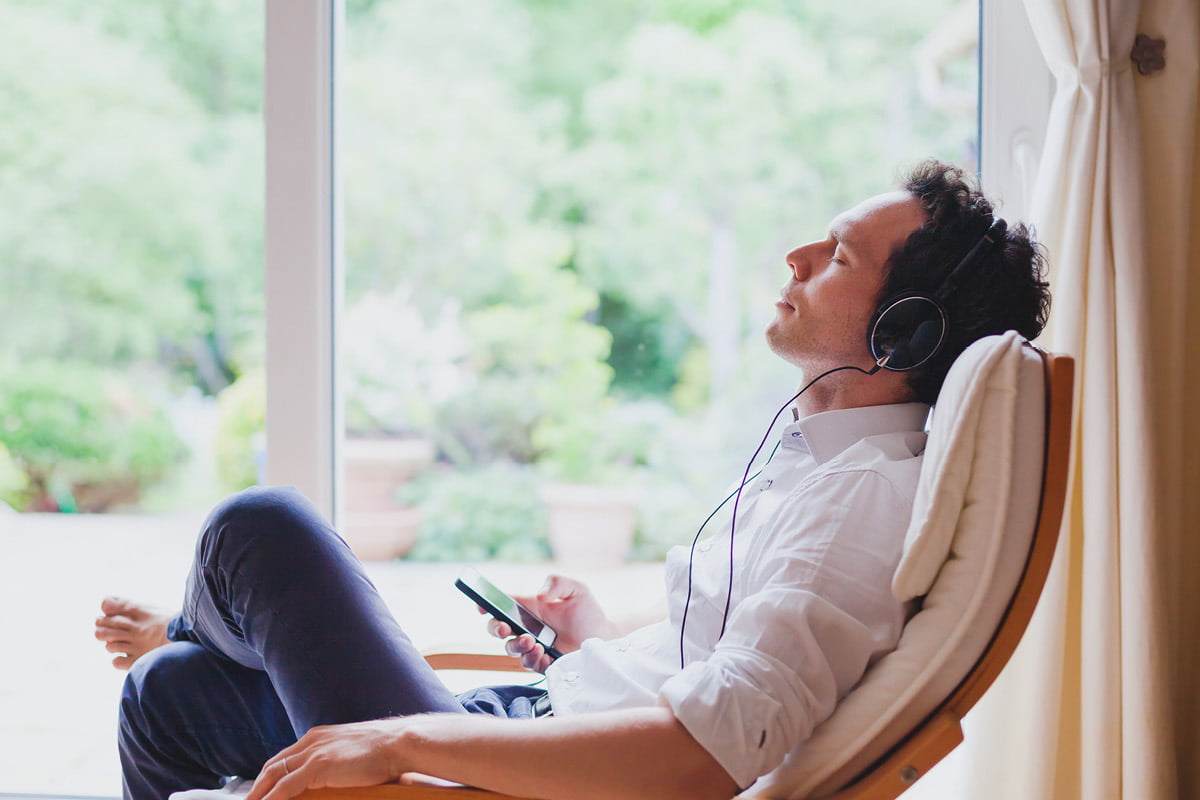In 2017, I had the great pleasure of meeting Dr. Alia Crum, a professor and researcher at Stanford University’s Mind & Body Lab, while speaking at the HERO Forum. Dr. Crum’s research focuses on stress resilience and what she considers two flawed assumptions. First, that the effects of stress are only negative. Second, the goal should be to avoid, manage, and counteract the effects of stress.
To address these flaws, leaders need to recognize that stress has two sides. Yes, stress has been shown to be debilitating to performance, health, and wellbeing. However, it has also been shown to enhance performance, health, and wellbeing by increasing brain processing, improving memory, and focus, quicker recovery, enhanced immunity, physiological, and mental toughening, establishing deeper relationships, and greater appreciation for life.
Dr. Crum performed and reviewed research across aging, work, exercise, dieting, and other common stress areas. She found that your mindset matters most.
If you believe stress is debilitating, you’re likely to experience those effects. If you believe stress is enhancing, you are likely to experience those effects. This was true both physiologically and mentally.
Across multiple studies, people with positive mindsets toward stress experienced fewer negative health symptoms, greater work performance, and a greater quality of life. Dr. Crum’s recommendation for developing a positive mindset toward stress is perfectly aligned with mindfulness practices. You are what you think.
See it (Be present to what is happening)
Own it (You are in control, view stress as an opportunity to ground yourself)
Use it (Generate the results and possibilities you want in your life)
Mindfulness helps you train this approach, including by being intentional through ongoing reflection, planning, and envisioning techniques. You can change your relationship to stress. But it takes practice.











